We invite you to comment, write an article or send us a video on any issue that matters to you.
The death of 18-year-old Michael Brown in Ferguson, Missouri has led to large protests. He was an unarmed black man shot dead by a white police officer. The shooting brought to the forefront the tangled nature of race, crime and policing in the United States. In 1990, the town was three-quarters white. Today, Ferguson is two-thirds black. Yet, of the 50 police officers in town, only three are black. This means the police do not quite belong to the community they are meant to police. This is a problem common in much of the US and leads to a distrust of the police that one usually witnesses in the developing world.
In Ferguson, racial profiling and harassment by police are apparently common. In 2013, black people comprised 86% of all traffic stops and 92% of all searches and arrests. As inequality has gone up in the US since 1980, so has aggressive policing and incarceration. The US has 5% of the world population and 25% of world prisoners. Not only are a disproportional number of people behind bars, but also far too many are under some form of correctional control — one in every 31 adults to be precise or over 3% of the population. As of 2001, one in six black men had been incarcerated in the US — a staggeringly inhuman figure for any nation, but particularly shameful for a country that claims to be the leader of the free world.
The US is facing turmoil not only at home but also abroad. The Islamic State (IS) is a Sunni jihadist group that began fighting Syrian President Bashar al-Assad and has been growing in power. Earlier this year, IS declared a caliphate over parts of Syria and Iraq, and laid claimed to be the leader of Sunni Muslims around the world. When IS captured the Mosul Dam and threatened to slaughter Yazidis, Iraq’s long beleaguered Kurdish minority, its threat to both Iraq and Kurdistan turned immediate. On August 7, the Obama administration finally decided to launch airstrikes against IS targets.
US President Barack Obama is facing massive criticism over his “cautious” approach on IS, even from Democrats such as Senator Dianne Feinstein. Many of these critics fail to realize that the US is now fighting on the side of sworn enemies such as Assad, Hezbollah and Iran. People like Senator John McCain sound like Rambos when they declare they want to be tough on both IS and Iran. Today, the US lacks the appetite to spill blood and treasure in faraway lands. The shifty sands of the Middle East are becoming increasingly treacherous as the Sykes-Picot order crumbles bit by bit.
The US has 5% of the world population and 25% of world prisoners. Not only are a disproportional number of people behind bars, but also far too many are under some form of correctional control — one in every 31 adults to be precise or over 3% of the population.
The US is committed to the fiction of a united Iraq, even though the Kurds have de facto independence and the Sunnis have thrown in their lot with IS. Nouri al-Maliki has been ousted as Iraqi prime minister thanks to American and Iranian pressure. The hope is that Haider al-Abadi, the new man on the throne, will be able to miraculously meld together a workable Iraqi nation. The reality is that the only winners from US intervention will be Assad and Iran. Apart from strikes against IS in Iraq, US surveillance drones are mapping out IS positions in Syria. This is a big change from the days when the US was hell bent on getting rid of Assad.
After seven weeks of conflict, Israel and Hamas concluded a truce. The conflict resulted in the deaths of over 2,100 Palestinians, the vast majority of them civilians, including women and children. Some of the strongest criticism of Israel’s actions came from Jewish intellectuals, many of whom were published by Fair Observer. Years of building illegal settlements in the West Bank, systematic racial discrimination and disproportionate use of force, which has included the use of white phosphorus, has chipped away at the international standing of Israel. Even its allies are embarrassed by its actions. The US, Israel’s godfather, does not enjoy Israeli Prime Minister Binyamin Netanyahu treating its public officials with rank disrespect. Israelis often point out that they treat minorities better than neighboring Arab states that are primitive and barbaric. Hamas, with its authoritarian streak, excessive religiosity and poor track record on women’s rights, is not exactly the Gandhian movement that everyone can rally for. Yet at the heart of the matter lie issues of liberty and justice, both of which are denied to Palestinians who have largely been robbed of their homes, forced off their lands and deprived of livelihood.
In West Africa, the spread of the deadly Ebola virus is turning out to be a matter of concern. According to the World Health Organization (WHO), 1,552 people have died and 3,062 have been infected as of August 26. More than 120 dead and 240 infected are health workers. Travel, sport and daily life have been affected. Restrictions imposed by governments to halt the spread of the infection such as curfews have led to sporadic violence by people protesting such restrictions.
Finally, Indian Prime Minister Narendra Modi gave a rousing speech on August 15, India’s 68th anniversary of independence from British rule. For the last ten years, Indians had to listen to a prime minister who was a pusillanimous puppet, hid behind bulletproof glass, spoke awful Hindi and said nothing. Modi eschewed the bulletproof glass and spoke without notes.
The entire Western press that covers India without bothering to learn any native languages missed out on the historic significance of the speech. The headlines that came out on the BBC, The New York Times and The Economist missed the historic nature of the speech.
First, Modi scrapped the Planning Commission that was created by Jawaharlal Nehru, India’s first prime minister, who modeled it after the Soviet planning system. Second, Modi focused on crimes against women that have been on the rise in recent years and castigated the gender discrimination, including selective abortion of female babies, which plagues Indian society. Third, Modi put sanitation as the center of his government’s priorities. Fourth, he announced the formation of model villages and welcomed the world to come “make in India,” in a bid to give manufacturing a boost. Finally, he has announced a scheme that will extend banking to the poor, who would have access to credit and insurance for the first time.
Please find below our best articles for August and we invite you to comment, write an article or send us a video on any issue that matters to you.
[seperator]1: War and Peace: The Youth of Gaza[/seperator]
Palestinians and Israelis cannot keep fighting for the rest of their lives; they must make peace.
I have lived and grown up in the Gaza Strip, one of the most dangerous places in the world. Despite only being 16 years old, I have seen death and destruction, and lived through tough experiences that are full of painful memories. I wanted to write this so I can show the world a different view of people in Gaza, especially the youth. Read More
[seperator]2: The Desperate Plight of the Assyrian Christians of Iraq and Syria[/seperator]
Indigenous Assyrian Christians of Iraq and Syria face persecution after the Islamic State’s territorial gains.
Assyrian Christians are the indigenous people of a contiguous region spanning northeast Syria, southeast Turkey, northwest Iran and northern Iraq. Their primary religious denominations are the Assyrian Church of the East, the Chaldean Catholic Church and the Syriac Orthodox Church. Since the collapse of the Ottoman Empire and the genocide… Read More
[seperator]3: Pakistan and the Curse of the Sorcerer’s Apprentice[/seperator]
With a new government in India, will Pakistan be able to contain its jihadists?
More evidence is emerging that Pakistan’s security establishment is not an omnipotent presence, but rather the victim of what might be called the “Sorcerer’s Apprentice Syndrome” from Goethe’s classic tale about the dangers of conjuring up proxies one cannot ultimately control. That some of the jihadist forces Pakistan has… Read More
[seperator]4: What Britain Should Do About Its Jihadists[/seperator]
Why are British Muslims so well-represented in the self-declared “Islamic State”?
The United States and Britain have similar-sized Muslim minorities, but US officials have estimated that approximately 100 Americans are fighting with the Islamic State, while their British counterparts put the number at 500 Britons; although Member of Parliament Khalid Mahmood estimates more than 1,500. These extremists do not represent… Read More
[seperator]5: Obama’s Africa Affair: Oil, Minerals and Markets[/seperator]
US policy toward Africa has translated into holding the door open for multinationals to extract the continent’s wealth.
Barack Obama is definitely “into” Africa. As much as possible in a world riven by multiple crises, the US president has made the continent a focus of his policymaking. Turning his own Kenyan heritage into a personal bridge to the region, he has visited Africa three times as president — in 2009, 2011 and 2013. Obama has touted his… Read More
The views expressed in this article are the author’s own and do not necessarily reflect Fair Observer’s editorial policy.
Support Fair Observer
We rely on your support for our independence, diversity and quality.
For more than 10 years, Fair Observer has been free, fair and independent. No billionaire owns us, no advertisers control us. We are a reader-supported nonprofit. Unlike many other publications, we keep our content free for readers regardless of where they live or whether they can afford to pay. We have no paywalls and no ads.
In the post-truth era of fake news, echo chambers and filter bubbles, we publish a plurality of perspectives from around the world. Anyone can publish with us, but everyone goes through a rigorous editorial process. So, you get fact-checked, well-reasoned content instead of noise.
We publish 2,500+ voices from 90+ countries. We also conduct education and training programs
on subjects ranging from digital media and journalism to writing and critical thinking. This
doesn’t come cheap. Servers, editors, trainers and web developers cost
money.
Please consider supporting us on a regular basis as a recurring donor or a
sustaining member.
Will you support FO’s journalism?
We rely on your support for our independence, diversity and quality.



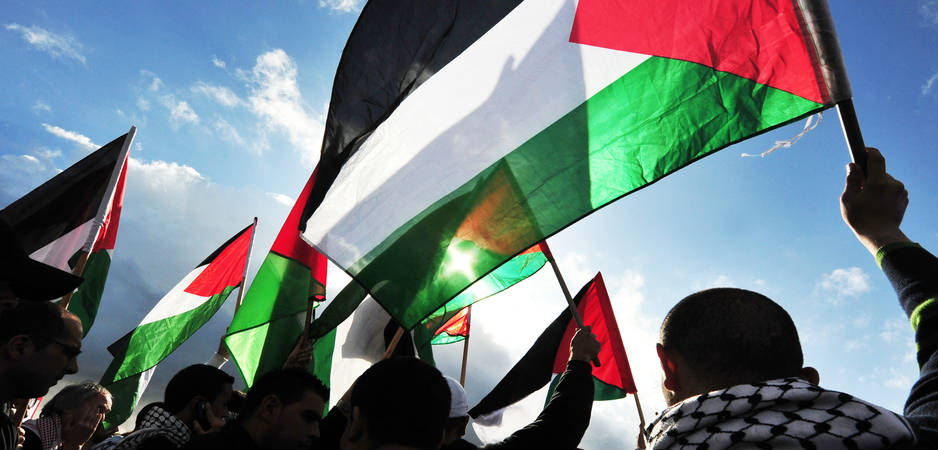
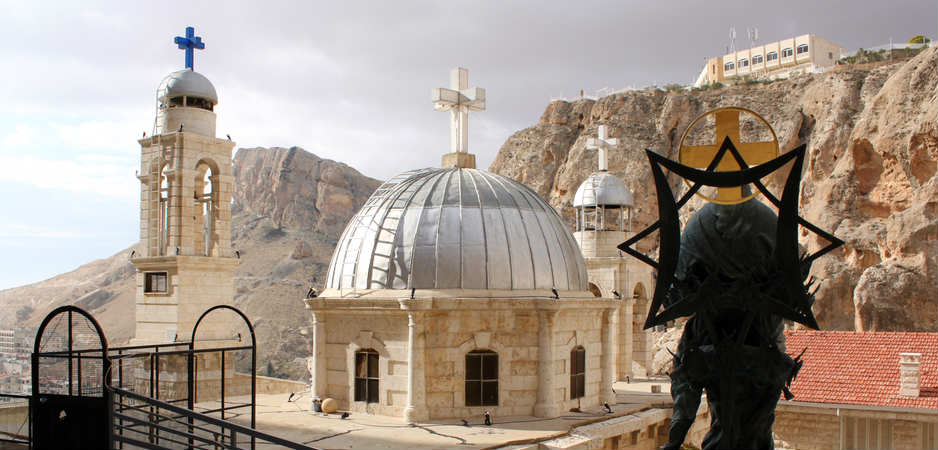

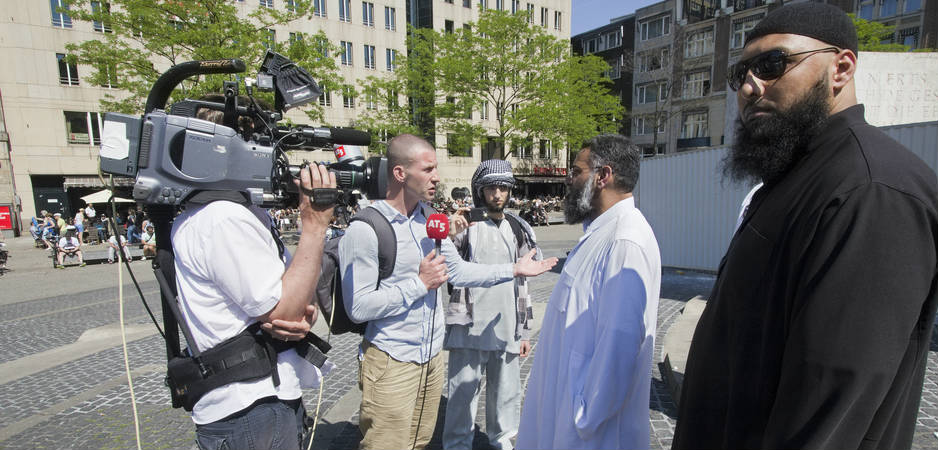

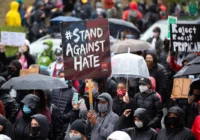
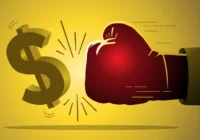


Comment